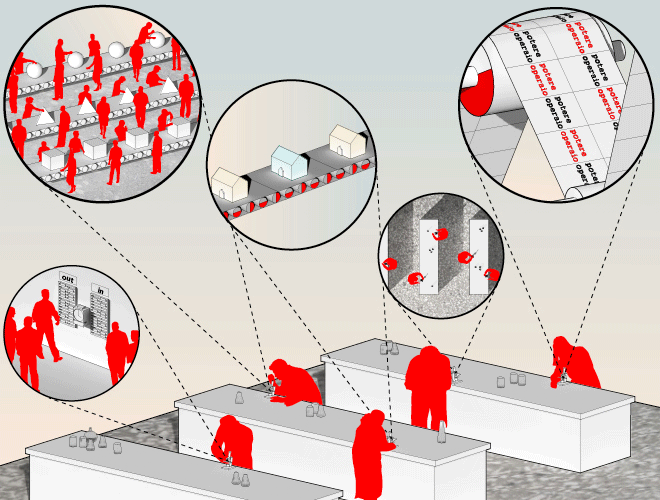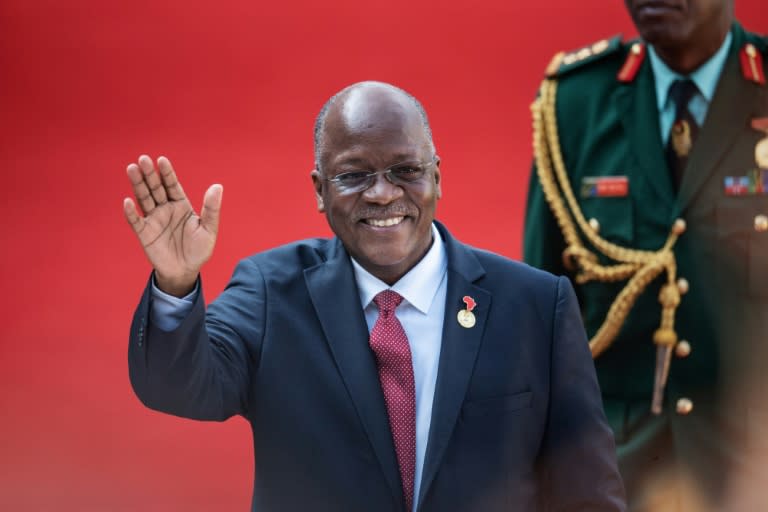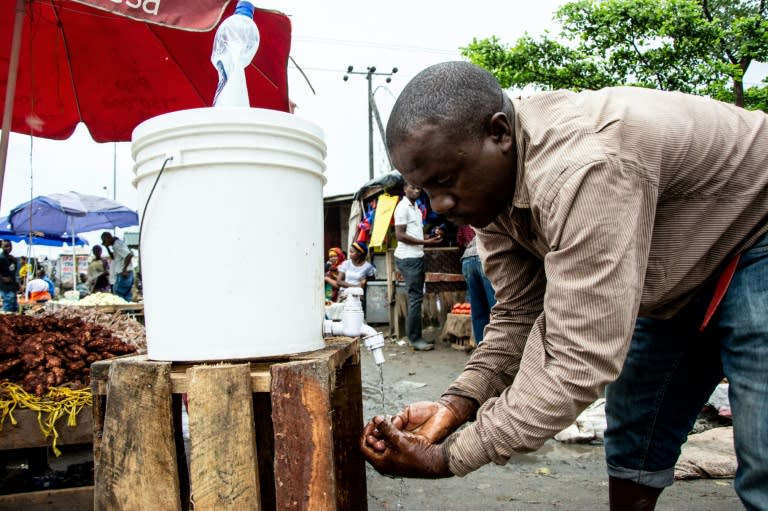Workerism Beyond Fordism: On the Lineage of Italian Workerism
https://www.viewpointmag.com/2014/12/15/workerism-beyond-fordism-on-the-lineage-of-italian-workerism/
The Working Class as a Complex Organism
From what has been said, it is evident that workerists dislike schematism and simplifications. On the contrary, aware of the extreme complexity of capitalist reality, they developed an in-depth analysis, taking into careful consideration both its more manifest as well as its less obvious aspects. We could say that they had a great appreciation for the enemy, knowing it to be a refined power, brutal and seductive at the same time. To underestimate the enemy would be a stupid move, leading to certain defeat. The first aspect of the capitalist system they considered was technology. The decisive impulse was given by Raniero Panzieri with his innovative reading of Marx’s “Fragment on Machines,” published in the first issue of Quaderni Rossi. 2 Technology is labor embodied. It plays an ambivalent role, because it “liberates” the workers from work, but at the same time “submits” them to more rigid forms of control. Technology has the power to shape a certain type of labor-power, to determine some of its characteristics, and can also have a specific influence on its way of thinking, its culture, and therefore its political action. Workerism says that technology has the power to determine the “technical composition of the working class.”
Let’s give an example. In the auto factories of the 1970s, there were departments in which the worker had an individual relationship with the machine he operated, knew all its secrets, was able to “prepare” it, to equip it, and was very proud of this knowledge, which was also the source of his small power. These were specialized workers with a strong consciousness of their own roles, and were considered the so-called “labor aristocracy.” These workers were in general the most combative; most of them were communist, and considered being communist a natural consequence of their being the most specialized, the most qualified, not only with regards to the machine assigned to them – a press, a turn, a cutter, a welder – but with regards to the entire productive cycle. They knew the factory like the back of their hands, and were therefore able to organize improvised strikes and blockade production, closing the focal points of the cycle. They passed on their knowledge to the younger workers but, at the same time, had a strong sense of hierarchy. They felt that a strongly differentiated wage system was justified – the younger workers had to climb the ladder of specialization step by step.
In other departments of the factory, on the other hand, there were assembly lines, that is, a type of technology which does not permit an individual approach, where workers, male and female, could be employed without any qualification. In Milan at the beginning of the 1960s in the electromechanic factories, where work on the line was often not as heavy as in auto, in the assembly departments women were employed as generic workers, obviously paid much less than the machine operators. This working class was the one that workerism defined as the “mass worker,” with a mentality very different from the specialized workers of the labor aristocracy, and therefore with opposite demands: equal wage increases for all, abolition of individual piecework. Demands which had to sound like blasphemy to the ears of the old communist workers who were toolmakers on individual machines.
What happens when, in the 1980s, the factory disintegrates and information technology gradually spreads, eventually taking over? What happens when the factory worker, more or less specialized, more or less “mass,” is partly replaced by robots, partly laid off because production has relocated to emerging countries? What happens when workers lose their social force, the communist tradition is thrown into the sea by the left parties, and the working class is no longer a political subject?
What happens is that that world of labor adapts itself to the new technologies, is molded by the new technologies. Those who come from the workerist experience find themselves equipped with the intellectual tools necessary to understand what is happening. Just as before, when they observed the relation between the specialized worker and the individual machine, or between the mass worker and the assembly line, they now observed the relation between the personal computer 3 and the subject using it. This meant comparing two totally different modes of working, the Fordist mode, framed in a rigid organization involving thousands of people amassed in specific spaces, and the mode of solitary work, without a specific working space, where the subject is able to determine its own rhythms and has permanent access to a universe of potentially infinite information.
At first glance the worker on a personal computer is puzzling. Is this person liberated? Does this person have a greater degree of liberty than the worker enslaved to the assembly line? Apparently, yes. Is this a person with power? Power of negotiation against the employer? As much power as the workers who could collectively shut down production and deal with management? Apparently, no; indeed certainly no. Social power is obtained only by coalition; the individual by itself is always subaltern. As Michel Serres says, “connectivity has been substituted for collectivity.” The worker does not live together with other workers like him, face to face; workers are connected with other workers, knowing not their voices but only their email addresses. Does the mass of information that can be obtained via the internet give them greater power, a greater capacity of negotiation, with respect to the worker who, enslaved to the machine, had no possibility of accessing the world of information?
No, it does not confer greater power – the only advantage in comparison with the employee, factory worker, or clerical worker, is that of being able to use this information to live as an independent laborer, as “unwaged.” Just a few observations on the nature of post-Fordism were enough for the old workerist to understand that capitalism had made an enormous leap forward in the capacity to control labor-power; the new subject, which still has no name, lacked, above all, the possibility to organize collectively, to negotiate with the employer, indeed to even know who the employer was – himself or some other person? To imagine a path of liberation it was necessary to start over again, while maintaining, however, the point of departure, the one that everyone thought was outdated: the problem of work. Is it still possible to imagine a path of liberation starting from work? Is it still possible to see in the person in front of the personal computer a worker, or must this word “worker” – lavoratore, Arbeiter, travailleur, trabajador – be removed from our vocabulary, because it belongs to an already faded epoch, the Fordist epoch?
The Idea of Work in Post-Fordism
The power of the workerist theoretical elaboration consists, as we have said, in confronting the complexity of the problems, in getting to the bottom of things, averting simplifications and shortcuts. The most illuminating example can be seen by observing how workerists dealt with the concept of “working class.” For most political militants in the 1960s and 1970s the term “working class” was a kind of mantra, an all-encompassing magic word. Just referring to the “working class” was enough to be considered a member of the “Left,” of the workers’ movement, to be considered a communist. For the workerists, on the other hand, the working class was an unexplored universe, extremely differentiated and complex, or, better, the point of arrival of a very long process, fraught with obstacles, in the course of which labor-power became aware of its own role and its own strength, and appeared on the scene of society as a protagonist, not as an appendage of the system of capitalist production. As I wrote in one of my essays on workerism:
The collective work that the workerist group undertook in direct contact with the world of factory-production aimed at penetrating the various levels that make up the system of productive relations: the sequential organization of the productive cycle and the hierarchical mechanisms spontaneously produced by it, the disciplinary techniques and techniques of integration elaborated in various ways, the development of new technologies and processing systems, the reactions to the labour-force’s spontaneous behaviour, the interpersonal dynamics on the shop-floor, the systems of communication employed by workers during their shift, the transmission of knowledge from older to younger workers, the gradual emergence of a culture of conflict, the internal division of the labour-force, the use of work-breaks, the systems of payment and their differential application, the presence of the union and of forms of political propaganda, risk-awareness and the methods used to safeguard one’s physical integrity and health, the relationship to political militants outside the factory, work pace- control and the piecework-system, the workplace itself and so on. 4
The person in front of the personal computer, as a laborer, that is, as a person who yields a determinate intellectual product to third parties in exchange for remuneration in order to survive, must present the same, if not greater, complexity. Let’s begin with the simplest things. For example: what form does this remuneration take? The old form of the wage or the form of a professional fee? Is he paid by the hour or by the project? Is there a working time? The fundamental parameters for defining a laborer are the wage and the hours. His privacy, his personal existence, his everyday life, his consumption, his relationships, his standard of living are determined in whole or in part by these two parameters. It is a very materialist vision, crudely materialist, to which the ideology of modernity opposed the theory that what matters in the individual is not his material conditions but his personality, his character, whether he is an optimist or a pessimist, sociable or surly, seductive or disagreeable, inclined towards leadership or service, effusive or silent, confident or shy, whether he has “character” or not. But, on closer inspection, the crudest materialism is less misleading than extreme subjectivism, than sterile and illusory individualism, which are, on closer inspection, ideological dispositifs which have the purpose of dissolving the notion of “labor.” The modern conception of labor contained within the ideology of modernity is that it is no longer human activity exchanged for the means of subsistence, but an activity in which the individual externalizes his own personality, knows himself better, almost a mystical encounter. “Labor is a gift of God,” I heard one day from a leader of a Catholic union. Labor does not belong to the world of commodities but to that of human psychology. From this ideology emerges the idea of labor as a “gift” of the individual to the collectivity, and the justification of “free” labor, badly paid or unpaid.












